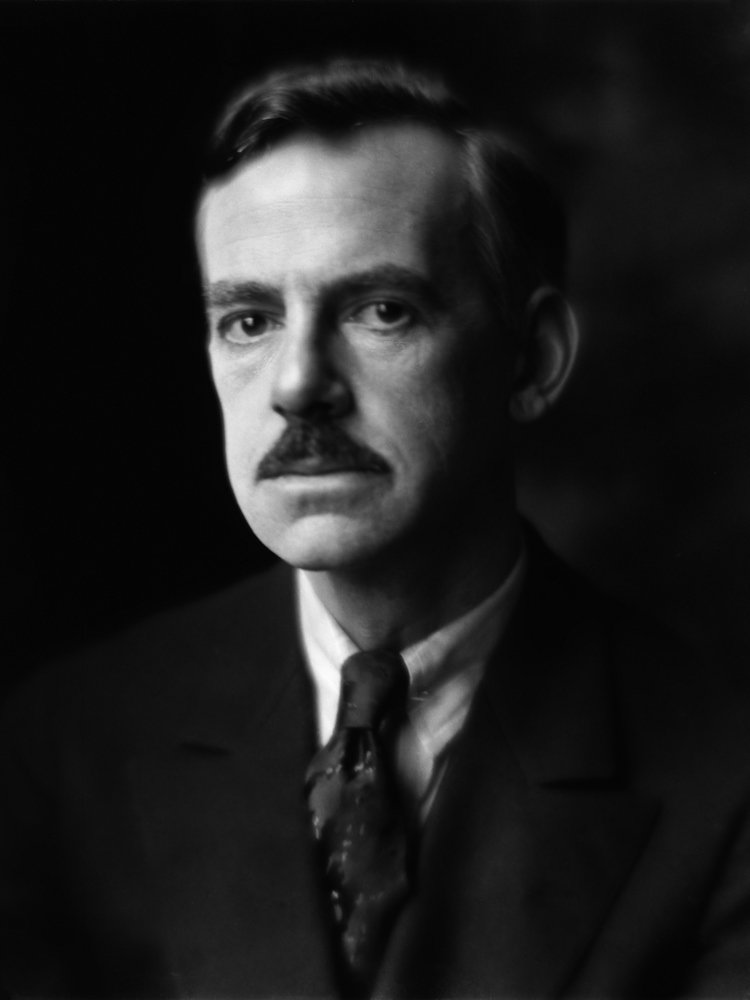Why was Eugene O’Neill Awarded the Nobel Prize for Literature in 1936?
Eugene O'Neill: The Nobel Laureate of Literature in 1936
In 1936, the Nobel Prize for Literature was awarded to Eugene O’Neill, an American playwright, and one of the most significant figures in modern drama. O’Neill’s contributions to the world of theater revolutionized the art form, bringing profound depth and complexity to the stage.

1. Mastering the Art of Realism
Eugene O’Neill was a pioneer of theatrical realism, a genre that sought to portray life on stage in a manner as close to reality as possible. His plays delved into the depths of human emotions, exploring the darkest corners of the human psyche and addressing themes such as family dynamics, addiction, and existential struggles. Works like “Long Day’s Journey into Night” and “The Iceman Cometh” displayed O’Neill’s mastery in depicting characters with flaws and vulnerabilities, making them relatable and deeply human.
2. Unflinching Exploration of the Human Condition
O’Neill’s work went beyond surface-level entertainment and delved into the complexities of the human condition. Through his characters, he explored universal themes of love, despair, guilt, and redemption, resonating with audiences on a profound emotional level. His portrayal of human struggles and triumphs elevated the theater from mere entertainment to a medium of introspection and catharsis.
3. Breaking Dramatic Conventions
In addition to his skill in realistic portrayals, O’Neill was also renowned for breaking dramatic conventions of his time. His innovative use of symbolism, non-linear narratives, and expressionist elements challenged traditional playwriting norms and pushed the boundaries of what theater could achieve. By introducing experimental techniques into his plays, such as in “The Emperor Jones,” O’Neill expanded the possibilities of dramatic storytelling, inspiring future generations of playwrights to explore new avenues of expression.
4. Impact on American Theater
Eugene O’Neill’s contributions to American theater were profound and long-lasting. He was instrumental in shifting the focus of American drama from commercial success to artistic integrity. His commitment to portraying authentic human experiences and social issues paved the way for a new era of serious American theater. O’Neill’s influence extended beyond his own time, as subsequent generations of playwrights drew inspiration from his works and his dedication to crafting meaningful narratives.
Eugene O’Neill’s Nobel Prize win in 1936 celebrated his significant contributions to the world of theater and literature. As a master of realism, he brought complex and genuine portrayals of human emotions to the stage. His exploration of the human condition and the use of innovative dramatic techniques set a new standard for modern drama. O’Neill’s legacy in American theater remains enduring, as his works continue to be performed and studied, influencing generations of playwrights and artists. The Nobel Prize recognized O’Neill as a literary giant whose impact on the world of drama has left an indelible mark, solidifying his position as one of the most influential playwrights of the 20th century.




